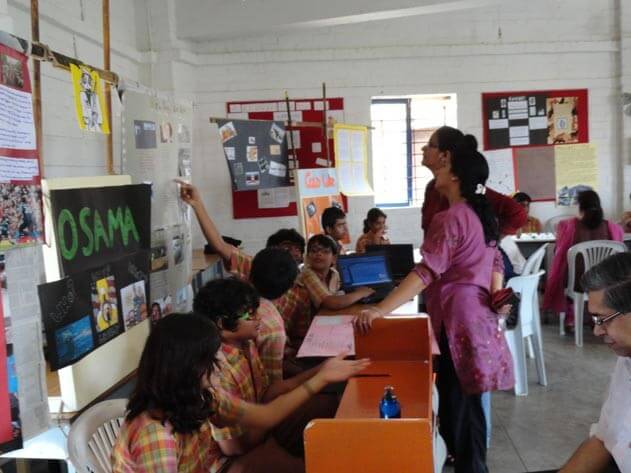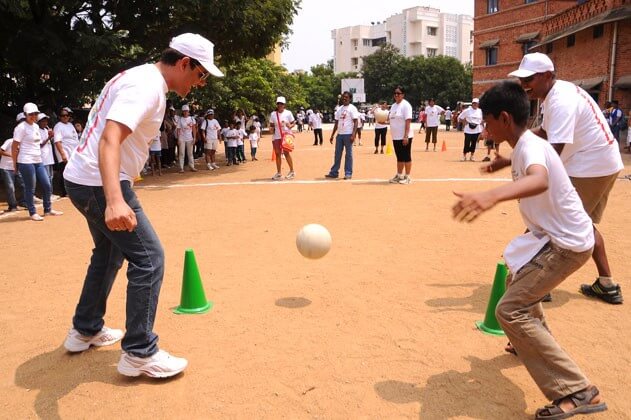How we are organized
November 19, 2023 2024-01-25 1:34How we are organized
Classes and School Sections

Learning Program
In the Primary and Elementary, children follow two to three-hour work cycles of individual activity in the morning and in the afternoon. In the Primary they can choose work from different areas including Exercises of Practical Life, Sensorial, Mathematics, Language and Culture. In the Elementary, they work in the areas of Languages, Mathematics and Cosmic Education.
The subjects offered to the children in current classes 8 to 10 are English, Hindi, Tamil, History & Civics, Geography, Mathematics, Physics, Chemistry, Biology, Computer Applications, Art, Commercial Studies and Environmental Science.
In current classes 11 and 12 children can choose four electives from a wide range of subjects in addition to English which is compulsory. They can create their own group of subjects that will meet their aptitude and interests and that would allow for the broadest opportunities going into College. The subjects presently on offer are Mathematics, Elective English, Physics, Chemistry, Biology, Geography, Computer Science, Business Studies, Commerce, Accounts, History, Political Science, Economics, Environmental Science and Art.


Special classes are held for all children from the Elementary school upwards in the Performing Arts. The faculty for these classes are professionals in various fields like Folk Dance, Theatre and Music. The children of the Higher Secondary work on a theatre production through the year all aspects of which are learnt by them including costume sets and sound and light and as actors.
Clubs include Film and Music Appreciation, Debating, Radio, Science Club, Parkour, and News Club.
Physical Education comprises athletics, team games, indoor games, and coaching in football and basketball.
Calendar
The academic year is divided into 2 semesters – March to September and October to February. The school has one long summer break and three other short breaks in an academic year. In general, the school observes Government holidays up to a maximum of 10 days per year. Abacus follows a five day week, Monday to Friday.


